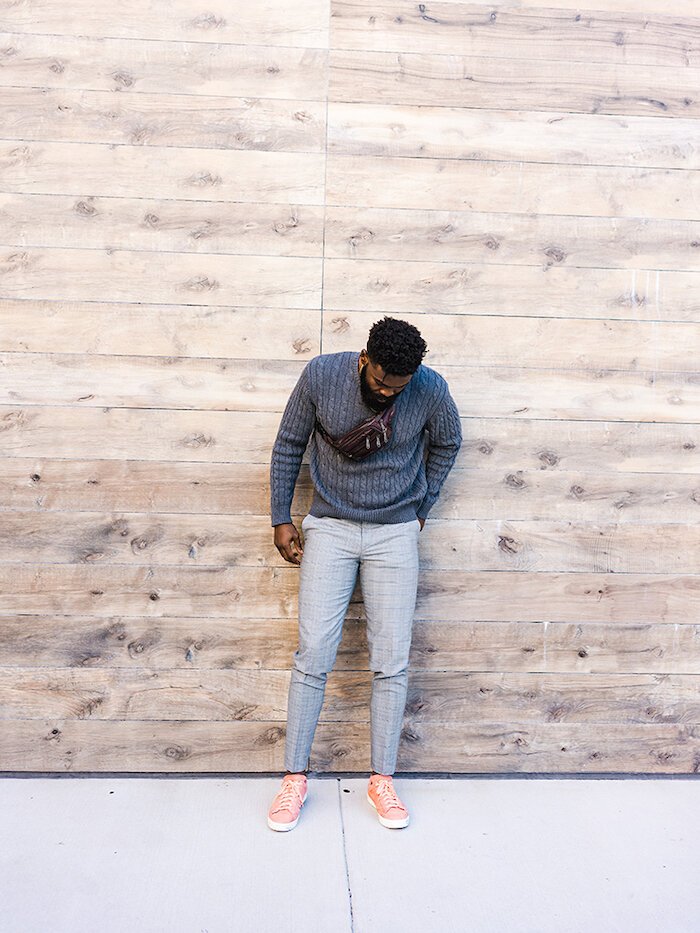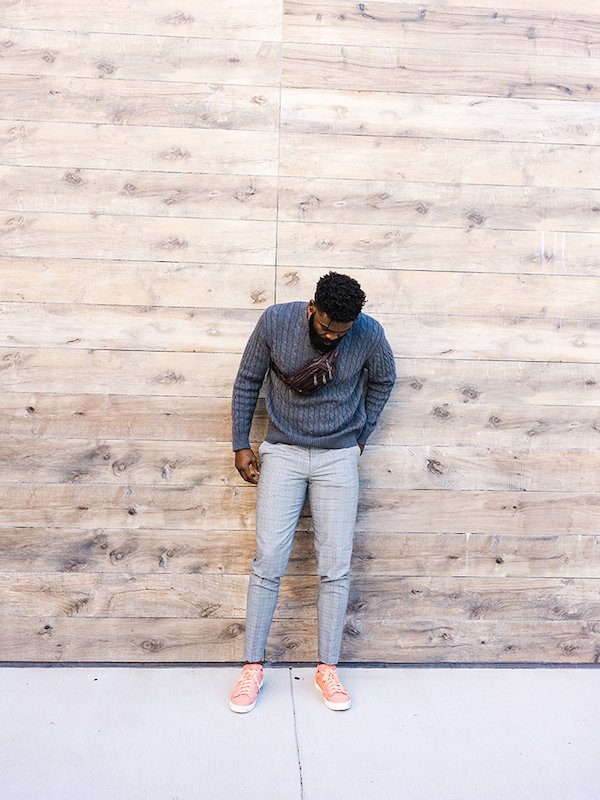
How Returning To Work Is Triggering For Black & Brown Employees
It is a privilege to enter the workplace free from discrimination.
I celebrated my birthday the same day George Floyd died. That night, in between responding to birthday texts, I opened Twitter and saw “Minneapolis PD” trending. I clicked only to watch Floyd pinned to the ground, helpless. I turned the video off, unable to watch the inevitable conclusion.
The next day, I took my computer into the kitchen and logged into work. Unlike most of my colleagues, I welcomed working from home. I enjoyed waking up later, wearing shorts all day, but mostly I enjoyed the sense of freedom home provided.
My roommates greeted me in the kitchen, visibly shaken by the video. We were at a loss for words. I stomached watching the entire clip that morning, numb as Floyd lay lifeless.
Somehow, I gathered myself for a staff meeting. I joined with my camera off, uninterested in performative happiness for the sake of others. As my colleagues logged on, I wondered if they knew about Floyd or ever had to confront their own mortality.
“I wanted something or someone to recognize my existence outside the confines of work. But a statement never came.”
In my hometown of Washington, D.C. that week, thousands gathered outside the White House to demand change. After finding some free time in my Outlook calendar, I joined a protest, being cautious to stay away from the crowd and the heavily armed national guard. I walked anxiously, aware of COVID and law enforcement’s affinity for stopping Black breath. When I returned home, several emails and tasks awaited me. I begrudgingly began working, afraid to say why I was away from the computer.
Even as the protests increased in size and gained national attention, no one talked about Floyd in my office. As some companies condemned Floyd’s death and vowed to take on white supremacy, I waited for a statement from my employer. I wanted something or someone to recognize my existence outside the confines of work. But a statement never came. Racial inequalities were outside our scope of work. I suppressed my frustration, accepting that my company’s silence only enabled injustice.
Over a year later, I am back in the office. The decision to return on a hybrid basis was received warmly by coworkers, who were eager to see each other. But time moved slowly on my first day back; my workplace now had a different meaning. Soon after sitting at my desk, I knew physically showing up would be the height of my productivity for that day—the actual tasks would have to wait.
For white professionals, the office provides a communal atmosphere. It is a gathering place for like-minded people that serves professional and social purposes. But for Black and Brown employees, work and office culture is a constant battle for peace and respect. I hesitate to open up with my colleagues, familiar with the look of judgment when introducing them to something new, and I walk around feeling as if my presence is more tolerated than accepted.
“For Black and Brown employees, work and office culture is a constant battle for peace and respect.”
Black and Brown people seldomly see another person who looks like us at work, and often none in leadership positions. We navigate these lonely spaces for the sake of a paycheck, despite being paid less than our white counterparts.
It is a privilege to enter the workplace free from discrimination. Black and Brown employees suffer in silence, fearing what will happen if we speak out and knowing change may never come.
Companies need to do better. It is not enough to call out police brutality without acknowledging how workplaces promote the status quo every day. The company’s “we’re all in this together” emails make it seem like everyone is fighting the same battles, but we’re not.
Companies can no longer ignore what their Black and Brown employees face for the sake of politics and profits. If companies are serious about corporate social responsibility, it begins with caring for the most marginalized within their reach.
This includes a space that does not outcast us in number, pay, or value. By putting forth the resources, companies can find talented Black and Brown professionals. Many new hires are often found through existing relationships, so white bosses need to become aware that Black and Brown professionals don’t often reap the benefits from networking. Retention programs and professional development are also needed to ensure minority employees are not simply replacing each other.
Most importantly, companies must provide benefits that account for what Black and Brown people face outside the office. Every day we walk into work carrying the scars from systems that are discriminatory towards us. Mental health, childcare services, and comprehensive care are needed to support not only employees but also their families.
For me, I am trying to get better at separating from work. Carrying the emotional and mental burden out into an equally unforgiving world only does more damage. Before the pandemic, I overworked myself knowing my margin for error was slimmer—we look to prove our value by committing fully to our work, even when it doesn’t reinvest in us.
“We look to prove our value by committing fully to our work, even when it doesn’t reinvest in us.”
Now, I do just what is required of my job. I’ve also found support from the few Black coworkers in my office. Our conversations extend beyond work, discussing our personal lives without the burden of unnecessary set-up. I cherish these relationships as they provide an invaluable familiarity.
Self-care comes from those closest to me. On Sunday nights, I play cards and watch TV with my roommates, friends, and girlfriend. We talk into the night despite having obligations on Monday morning. The laughs we share make work seem trivial. We lift each other up, knowing the possibility that no one else will. Their love is stronger than anything I face at the office.
Returning to the office has reminded me how distant it is and how my job was absent when I needed it most. Yet, every day I show up, hoping to earn just enough to find sanity, acceptance, and freedom outside of the office.
Noah Lyons is a Washingtonian who writes about music and culture. He is also the co-host of the What’s Really Going On Podcast. You can find him sharing his favorite songs on Instagram and read more of his writing on Medium.




